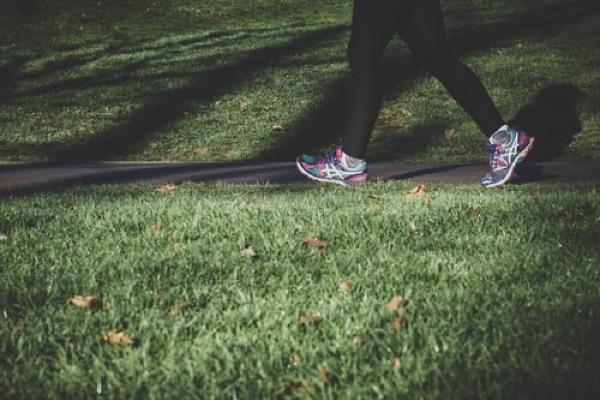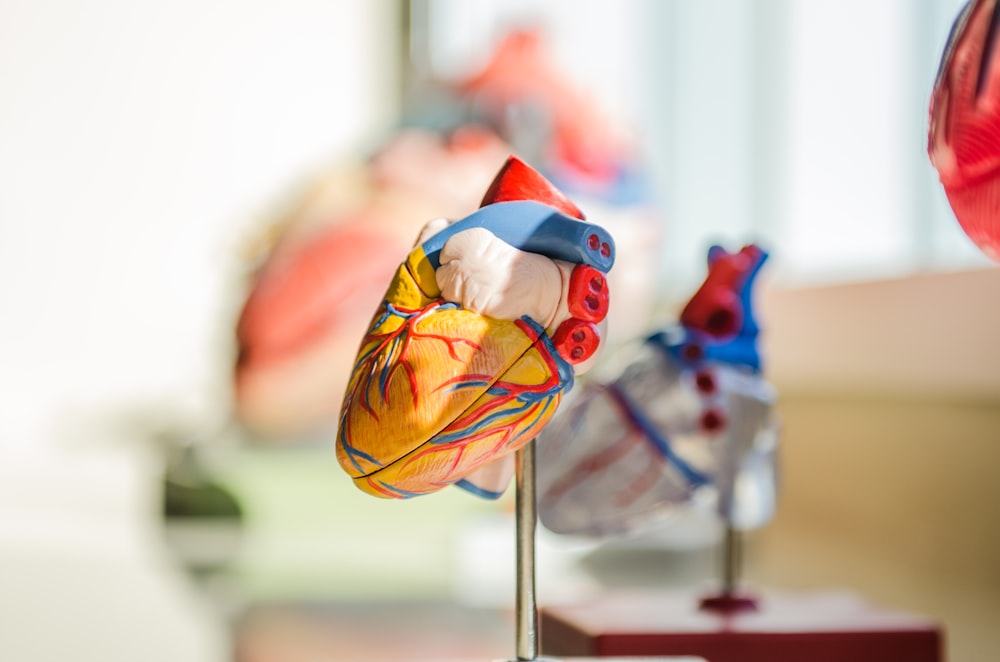Not moving as much as you should be these days? You're not alone! At the moment, we're very guilty of spending time sitting around with friends or curled up on the couch, rather than actually getting out and moving.
And there’s nothing wrong with that now and again – as long as it doesn’t become a habit.
According to the NHS, studies have linked being inactive with being overweight and obese, type 2 diabetes, some types of cancer, and early death. Sitting for long periods slows metabolism, which affects the body's ability to regulate blood sugar, blood pressure and break down body fat. The NHS estimate that adults in the UK spend approximately 9 hours a day sitting – and this is not just work hours. This includes TV, reading and travelling – all the things we like doing in the evenings to unwind.

This being said, you don’t need to be out running laps of your garden with every spare hour you have. The NHS recommend you try to get at least 150 minutes of moderate intensity exercise weekly – that means a brisk walk of even just 20 minutes a day could make a major difference to your overall health (Although they do also recommend doing strengthening activities a couple of days a week to work all the major muscles too). Some major benefits of getting your 20-30 minutes a day are:
Improve circulation
Walking at a brisk pace can bring up your heart rate, meaning you’re strengthening you heart and therefore lowering your blood pressure in the process. Because of this, you’ll reap multiple benefits like reducing your risk of experiencing a stroke, heart disease and can even cut down your risk of a heart attack.
Increased energy

It sounds counterintuitive, but sometimes if you’re tired and sluggish, the best thing you can do is go for a walk. It increases your breathing rate, meaning more oxygen through your bloodstream, helping you to reverse any decline in aerobic capacity and get your energy levels up!
Improve your mood
Our body rewards us when we do things that help it and so it releases natural endorphins to alleviate fatigue and lift as bad mood. Getting out and about can alter our nervous systems and renewing them to help our mental health. Even just being around nature and greenery has been shown to drastically alter our mindset, so it’s well worth setting off to your nearest park.
Keeps you alert
Studies have been done that have found daily activity like a brisk walk can increase our attention spans, prevents memory decline and improves our overall cognitive function. Those who were active were also less likely to develop diseases like Alzheimer’s that affects the brains ability to function as it should.
Improves your mobility
The more you move, the better you can move! There are some parts of our bodies that need repetitive exercise to work optimally. Our joint cartilage needs nutrition from the joint fluid as they have no direct blood supply. Movement from walking brings oxygen to the cartilage, making them more supple and able to better function. Walking also targets lower back pain, works muscles in the arms and shoulder and strengthens the legs, quads and hamstrings, giving your body more strength and ability to move.












